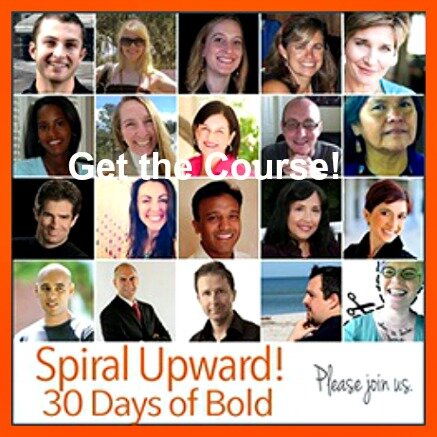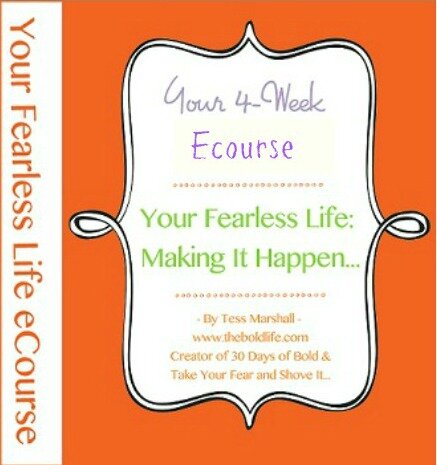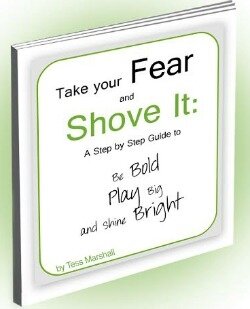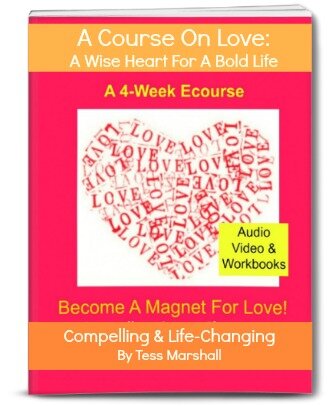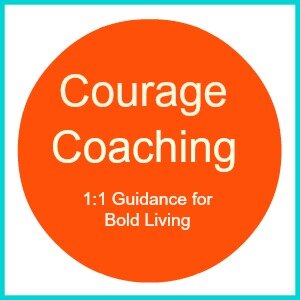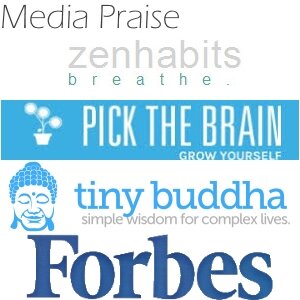
Debbie Hampton recovered from decades of unhealthy thinking and depression, a suicide attempt, and resulting brain injury to become an inspirational and educational writer at the place where people can buy papers online cheap on brain, emotional, and mental health.
Enjoy our interview!
Debbie, what part has fear played in your life?
Fear was the predominant guiding force in my life for four decades. I’ve lived most of my life conforming, doing all the “right” things, to achieve the “good life” I’d heard about growing up. To get to this promised land, I invested most of my efforts into trying to avoid the big “bad things” I’d learned that I didn’t want: pain, loneliness, failure.
With fear looming large, my life decisions were all about what I didn’t want instead of what I did want. Life became a marathon obstacle course of avoiding rather than achieving, which led to a numb, depressed existence.
At 43, I found myself divorced, depressed, and more scared of life than ever and tried to commit suicide by swallowing a bunch of pills.
After a week in a coma, I woke up with a severe brain injury and my ex-husband soon sued me for custody of our sons. He won and immediately moved out-of-state with them. And I was scared before?
___________________________________________________________________
Reminder: My ecourse, Take Your Fear and Shove It is available for only $10! You don’t have to stay stuck or live in pain. Begin to understand fear and make changes today! Learn more and check it out here!
_____________________________________________________________
How did you come back from that one?
Very slowly! Seriously. Unraveling that mess and recovering emotionally, mentally, spiritually, and physically literally took years. Initially, I was seriously mentally impaired and couldn’t retrieve words, remember the day, my sons’ ages, or that I’d gotten divorced.
Physically, I could barely speak, couldn’t coordinate the acts of breathing and swallowing anymore, and had no fine motor skills.
Getting down right mad, I told myself, “If I have to live, I’m NOT living like this!” Over the first year, I naturally healed somewhat and, in the following years, I learned all I could about the brain and worked very hard every day at my rehabilitation.
Alone for the first time in my life, I had no one to put my limited energy into but myself. The more I recovered, the more I learned. The more I learned, the more I recovered.
I utilized alternative therapies, like neurofeedback, acupuncture, hyperbaric oxygen therapy, daily exercise, and mental health practices, like brain training, meditation, and visualization, to rebuild my brain and mind.
The brain injury was a blessing in disguise because it forced me to make radical changes in my lifestyle and mindset that I’d needed to make long before.
Because the underlying belief systems and perceptual foundation upon which I’d built my reality withered away along with brain cells, I got to start with a clean slate, so to speak.
My injured mind was not capable of entertaining all the fear and worry that it had before. All I could do at first was exist in the present moment. That alone required all of my attention.
When I did heal enough for my old friends rumination and anxiety to creep back in, I was determined that I was not going to fall into the same unhealthy ruts that had led me to the suicide attempt.
I began meditating and practicing mindfulness, visualization, thought reframing, and seeing a cognitive behavioral therapist.
By consciously working with and altering my thoughts, behaviors, and emotions, I transformed my world which, in turn, changed my physical brain and its default mode of operation.
It didn’t happen overnight, and there were many many relapses (and still are occasionally), but it did happen.
What’s one thing you used to really resist that you now accept?
I used to really resist change. It terrified me. I would do almost anything to stay in my comfort zone – even if it meant being miserable. I was a master at creating disastrous mental movies of the future and torturing myself with pain from the past.
I lived in tremendous fear of the unknown and with heavy regret.
I have learned to stay in the present and to direct my choices in the now to consciously create the future I want. I approach change now with a bold, enthusiastic curiosity.
While I still feel the dread of the unknown at times, I forge ahead anyway because I know now that this feeling is part of living fully, and I’ve learned to have trust and faith in myself and the universe.
I’ve also learned that if I shut out the pain or fear, it blunts and dulls the joy and happiness. I have to allow myself to feel the full spectrum: the highs and the lows, to experience life’s rich texture.
I now believe that in uncertainty lies all possibility.
What would you like everyone to know about fear?
Fear is a prison. It’s a box in which we keep ourselves to avoid failing, to avoid being laughed at or judged, to avoid feeling disappointment or hurt, to avoid all kinds of things that make us feel uncomfortable.
However, if we protect ourselves from these things, we’re also shutting ourselves off from the many possibilities and joys of living to the fullest.
I love George Carlin’s quote and often remind myself of it often:
Life’s journey is not to
arrive at the grave safely
in a well preserved body,
but rather to skid in sideways,
totally worn out, shouting
‘…holy shit …what a ride!’
What one thing would you advise people to do to change their life for the better and quit living a fear based existence?
Everybody is going to feel fear. That’s just being human. Fear is your brain’s way of protecting you and ensuring the survival of the species.
The point is not to not have fears. The goal is to change the way we connect with and react to our fears.
Because the brain is actually designed to thwart our conscious efforts to override the fear response, changing our relationship to fear isn’t easy, but it can be done by becoming more mindful, getting comfortable with uncertainty, and even welcoming and leaning into fear.
Instead of battling, avoiding, trying to control, or feeling bad about fear, we have to learn to approach fear as a friendly companion, expecting it to show up and even welcoming it when it does.
We have to be gentle with ourselves and our fears. If you stop thinking of fear as a problem, it’s not a problem.
Debbie Hampton shares how she rebuilt her brain and life to find joy and thrive on her blog, The Best Brain Possible. You can quickly learn the steps to a better brain in her book Beat Depression And Anxiety By Changing Your Brain.
Please help me share this wisdom on social media. I appreciate your help!
Comments on this entry are closed.
